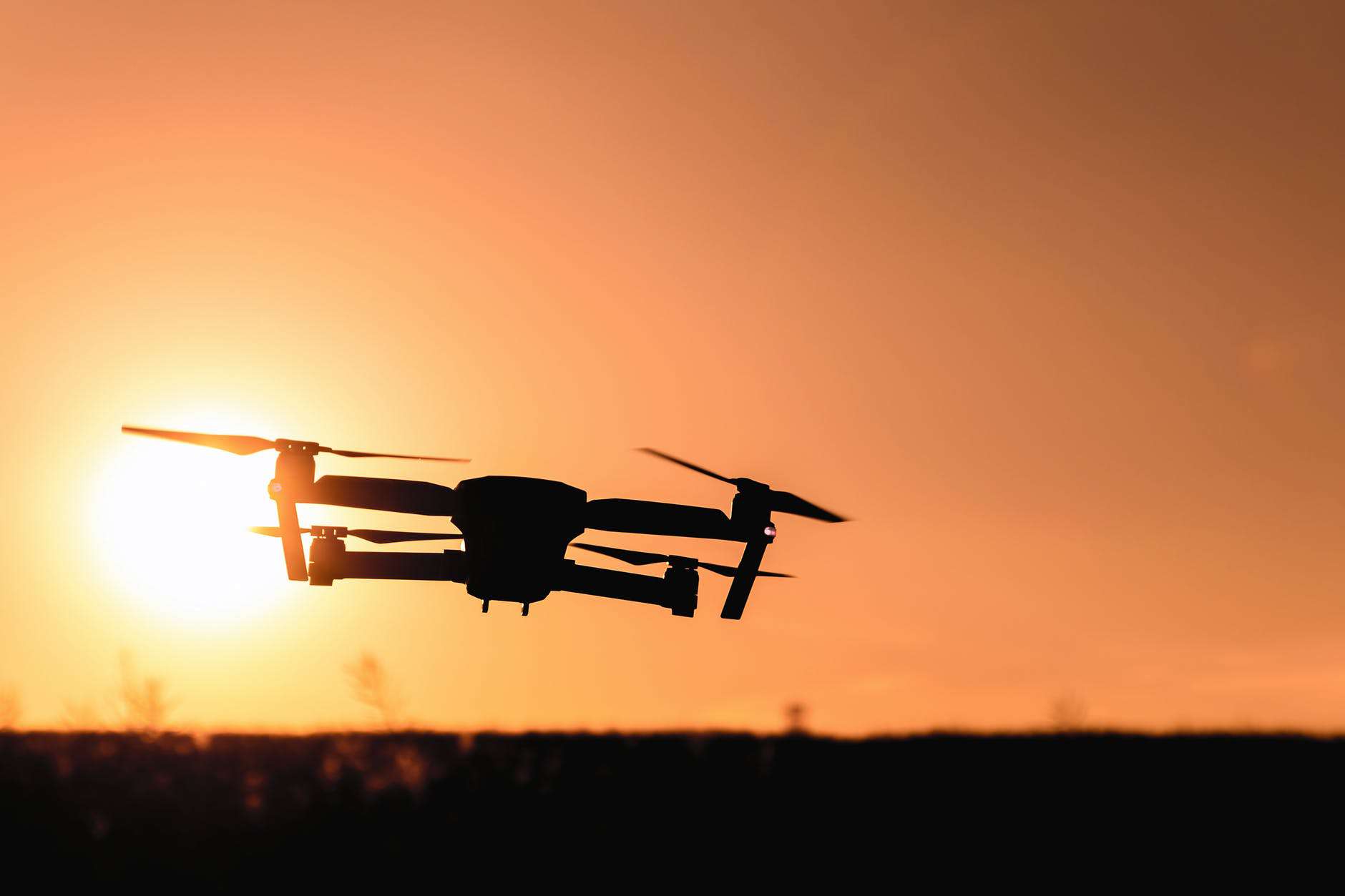The Federal Government Has New Rules for Flying Drones
Published January 9, 2019 at 6:19 pm

Drones have become a big part of our lives, whether it’s for fun as you and your friends go hiking and want to take some awesome group pictures, to professionals looking to capture some g
Drones have become a big part of our lives, whether it’s for fun as you and your friends go hiking and want to take some awesome group pictures, to professionals looking to capture some great footage for your business and even news organizations looking to cover a wider angle on a major story.
Whether the case may be, the usage of drones is increasingly and likely not going to rescind any time soon. Which is why the federal government recently unveiled some new guidelines and regulations regarding the usage of drones.
Transport Minister Marc Garneau made the announcement this week in Montreal. The new rules will take effect on June 1, 2019, at which time drone pilots will be required to register their drones and obtain a pilot’s certificate. This is in addition to the current rules in effect for drone usage.
“We’ve listened closely to feedback from Canadians and have updated our regulations to balance practicality and the safe use of drones. Drones are part of an important economic sector with significant potential to improve lives and connect communities across the country. Our new regulations will create new opportunities for Canadians by establishing a safe and predictable regulatory environment where the industry can innovate and where recreational and non-recreational drone pilots can safely access Canadian airspace,” Garneau said.
This will apply to all drone pilots flying drones between 250 grams and 25 kilograms that are operated within the drone pilot’s visual-line-of-sight, regardless of whether the drone is flown for fun, work or research.
A final regulation will introduce two main categories of drone operation: basic and advanced. The categories are based on distance from bystanders and airspace rules.
Both categories have their own set of easy-to-follow rules that will require the drone pilot to do the following:
-
Register and mark the drone with its registration number.
-
Pass an online exam and get a pilot certificate for basic or advanced operations.
-
Be at least 14 years old for basic and 16 years old for advanced operations, unless supervised by a person having proper certificates.
-
Stay below an altitude of 122 metres (400 feet) above ground level and stay away from air traffic.
-
Only drone pilots who need to fly a drone outside the rules for basic or advanced operations will need to apply for a Special Flight Operations Certificate (SFOC) before they can fly.
Drone pilots are also subject to Canada’s Criminal Code as well as all provincial, territorial, and municipal laws governing areas such as privacy and trespassing.
Additional fines of up to $25,000 and / or prison were cited for anyone violating the regulations. This applies to drones of any size used for any purpose.
So yes, if flying drones is your passion or you need it for work, just know that there are rules behind doing so.
Happy flying!
